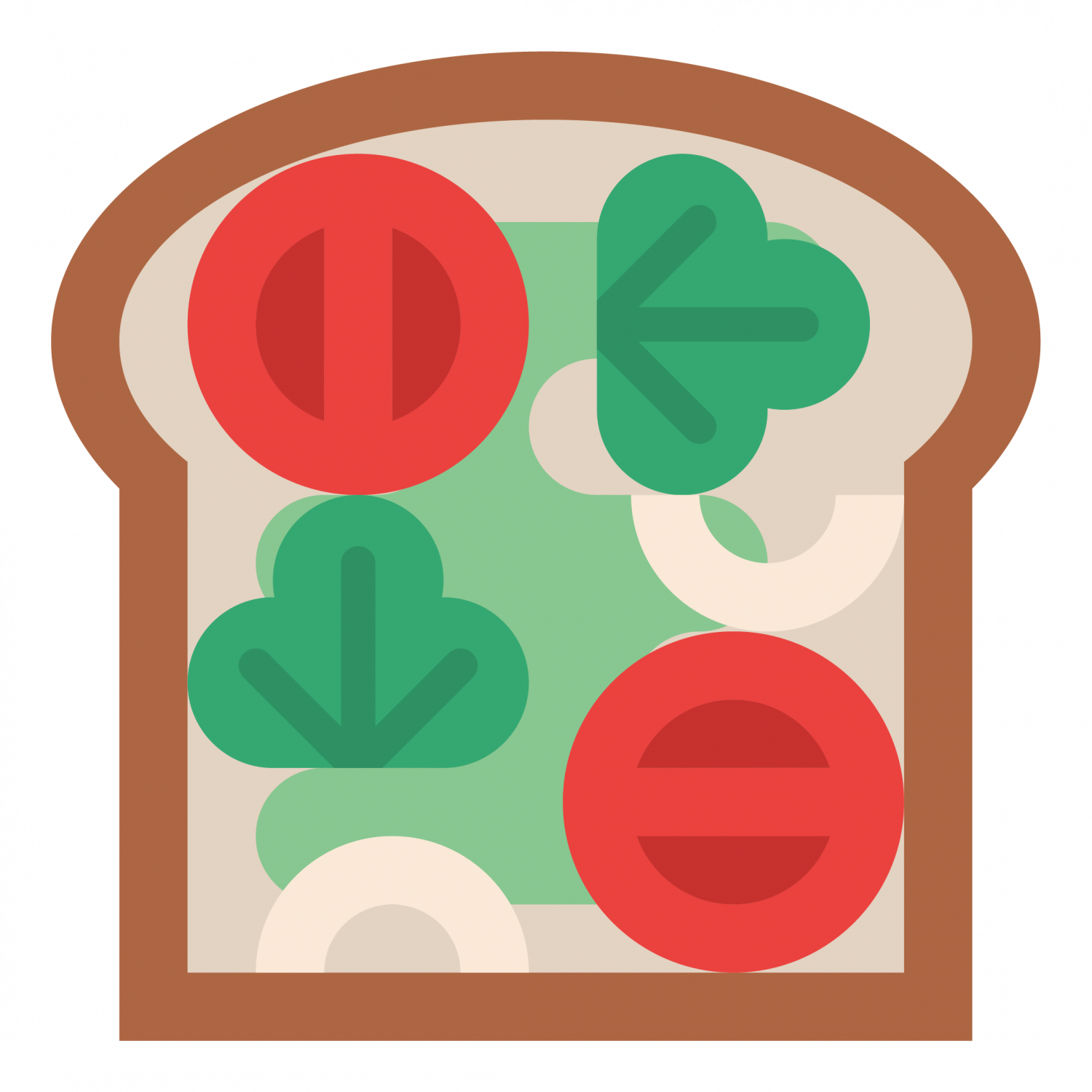The Science of Eating Well: How Nutrition Shapes Everyday Life
The choices we make at the table influence far more than just our weight. Every bite we take fuels complex biological processes that determine how we feel, think, and function. Nutrition is not simply about food—it’s the science of sustaining life. When we eat well, we don’t just nourish our bodies; we enhance our ability to focus, adapt, and thrive in a demanding world.
Eating well is both an art and a science. It is about balance rather than restriction, understanding rather than control. A healthy diet provides the essential nutrients that power every cell, organ, and system in the body. Yet modern life, filled with processed foods and busy schedules, often separates people from the simple foundations of nourishment. Relearning how to eat properly can restore not only physical energy but also emotional stability and mental clarity.
Understanding the Body’s Energy System
At its most basic level, nutrition is the body’s energy management system. The food we eat is broken down into molecules that fuel our cells. Carbohydrates become glucose, fats become fatty acids, and proteins provide amino acids. These nutrients enter the bloodstream and are transported to organs and muscles, where they generate energy or repair tissues.
Carbohydrates are the body’s preferred energy source. When we consume whole grains, fruits, and vegetables, we provide a steady supply of glucose that keeps the brain alert and the body active. Refined sugars, on the other hand, cause sharp spikes and crashes in blood sugar levels, leading to fatigue, irritability, and cravings.
Fats, often misunderstood, are essential for long-term energy and hormone balance. Healthy fats found in nuts, seeds, avocados, and fish support brain health and reduce inflammation. They also help absorb fat-soluble vitamins such as A, D, E, and K.
Protein serves as the body’s building material. It repairs tissues, supports muscle growth, and maintains immune function. Including lean sources such as legumes, eggs, poultry, and fish ensures the body can rebuild and adapt to daily challenges.
When these macronutrients are in harmony, the body operates efficiently. Energy remains stable throughout the day, mood improves, and physical performance increases. Nutrition, therefore, becomes the foundation of vitality.
The Role of Micronutrients in Wellness
Beyond macronutrients, vitamins and minerals play a critical role in maintaining health. Though required in smaller amounts, they are vital to countless biological processes. Iron transports oxygen, calcium strengthens bones, magnesium regulates nerves, and B vitamins convert food into usable energy.
A deficiency in even one micronutrient can disrupt balance. For example, low vitamin D levels can weaken the immune system, while inadequate magnesium can cause muscle cramps and anxiety. Whole foods naturally contain a combination of these nutrients in optimal proportions, while processed foods often lack them.
The key to sufficient micronutrient intake lies in variety. A colorful plate—rich in fruits, vegetables, whole grains, and lean proteins—ensures that the body receives a complete spectrum of vitamins and minerals. Every color represents different antioxidants and phytonutrients, each with its own protective role. By eating the rainbow, we strengthen the body’s defense mechanisms and promote cellular health.
Nutrition and Mental Performance
The relationship between food and the mind is as strong as the one between food and the body. The brain consumes nearly 20 percent of our daily energy, making nutrition a critical factor in concentration, memory, and emotional stability.
Omega-3 fatty acids, found in fatty fish and flaxseeds, are essential for brain cell communication. They support mood regulation and cognitive function. Complex carbohydrates, such as oats and quinoa, provide a steady supply of glucose that keeps the brain energized. Proteins containing tryptophan help produce serotonin, a neurotransmitter responsible for feelings of well-being and calm.
Poor nutrition can lead to mental fatigue, mood swings, and reduced focus. Diets high in refined sugar and trans fats are linked to inflammation in the brain, which may contribute to anxiety and depression. Conversely, a balanced diet rich in antioxidants and whole foods protects the brain from oxidative stress, maintaining mental sharpness.
The science of eating well extends to emotional health. Mindful eating—being aware of what and how we eat—has been shown to reduce stress, improve digestion, and increase satisfaction. By treating food as nourishment rather than distraction, we cultivate a deeper connection with our bodies.
The Circadian Rhythm of Eating
What we eat is important, but when we eat matters too. The body’s internal clock, known as the circadian rhythm, influences digestion, metabolism, and energy use. Eating in sync with this rhythm supports optimal health.
Morning and midday are the most efficient times for digestion and metabolism. A balanced breakfast rich in protein and fiber stabilizes blood sugar and prepares the body for mental and physical activity. Skipping breakfast often leads to overeating later and disrupts energy balance.
Dinner should be lighter and consumed earlier in the evening to allow proper digestion before rest. Late-night eating interferes with the body’s natural repair cycle and can contribute to weight gain and poor sleep. Aligning meals with the body’s rhythm ensures that nutrients are used efficiently and energy remains steady throughout the day.
The Impact of Modern Diets
The modern diet has evolved rapidly, often at the expense of nutrition. Processed and convenience foods dominate many meals, offering high calories but low nutrient density. Excessive sugar, unhealthy fats, and artificial additives disrupt metabolism, strain the digestive system, and contribute to chronic diseases such as diabetes and heart conditions.
One of the greatest challenges today is the abundance of choice without guidance. Advertising promotes quick solutions, while scientific literacy remains limited. As a result, many people eat too much of what the body doesn’t need and too little of what it truly requires.
Reclaiming the science of eating well means returning to the basics: fresh ingredients, minimal processing, and mindful preparation. Cooking at home, reading labels, and choosing whole foods are small acts that produce lasting benefits. Nutrition education empowers people to make conscious decisions that align with their goals and values.
The Connection Between Nutrition and Lifestyle
Eating well is not an isolated habit—it is part of a holistic lifestyle. Nutrition interacts with sleep, exercise, and stress management in a continuous cycle of influence. For example, poor sleep alters hunger hormones, increasing cravings for sugar and carbohydrates. Chronic stress depletes essential nutrients and drives emotional eating.
Integrating healthy nutrition with balanced living creates a foundation for resilience. A diet rich in whole foods supports physical recovery from exercise, strengthens immunity, and stabilizes hormones. In turn, regular physical activity improves metabolism, allowing the body to use nutrients more effectively.
Hydration also plays an often-overlooked role in nutrition. Water regulates temperature, aids digestion, and transports nutrients throughout the body. Even mild dehydration can impair cognitive function and physical endurance. Drinking enough water is one of the simplest yet most powerful ways to support health.
Eating Well as a Lifelong Practice
The science of nutrition is not static—it evolves as research deepens our understanding of the human body. Yet one principle remains constant: balance. Sustainable health is built on moderation, awareness, and respect for the body’s natural needs.
Eating well is not about perfection or rigid rules. It’s about building habits that serve you daily, learning to listen to hunger cues, and appreciating the connection between food and well-being. When nutrition becomes intuitive rather than forced, it transforms into an effortless part of life.

